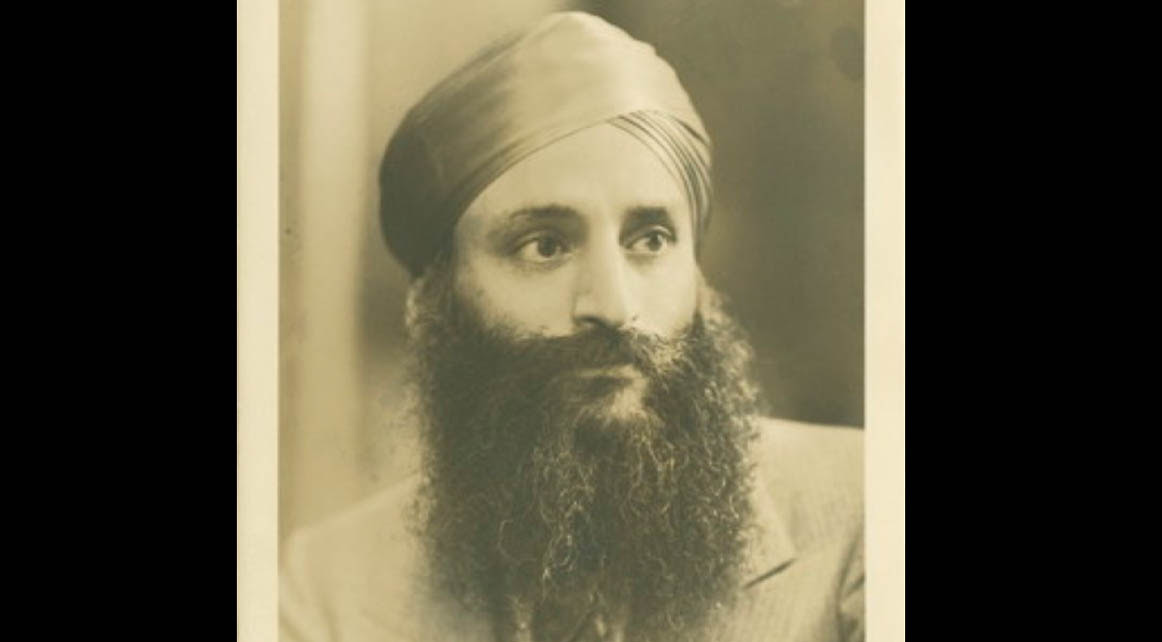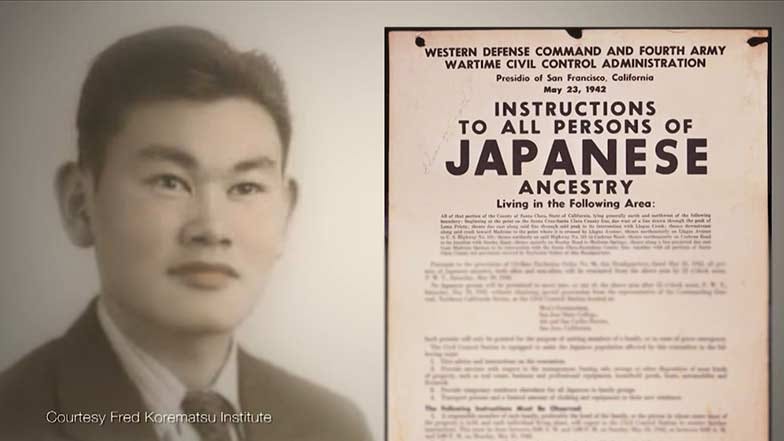Why February 19 Is A Notable Day In U.S. History
Some of America's most dreadful chapters unfolded on this day, and that trend continues in 2025
Every time injustice rears its head in this country, a familiar refrain from well-meaning Americans emerges: "I don't recognize this America." It was said when the Supreme Court overturned Roe v. Wade. It was said when an insurrection stormed the Capitol. It was said when children were put in cages at the border. It was said when police murdered George Floyd. It is an oft repeated phrase whenever America shows itself for what it has always been: a nation built on laws that have long prioritized whiteness at the expense of justice. A nation built on stolen land by people stolen from their land.
February 19 is a day that should remind us of this hard truth. Three moments in history expose the systemic racism embedded in America’s legal system—and give us a glimpse into how to overcome such injustices. Let’s Address This.
Significance of February 19 in American History
February 19, 1923: On this date 102 years ago, the U.S. Supreme Court ruled that Indian immigrants were ineligible for U.S. citizenship because they were brown, not white. Despite meeting every other requirement, their skin color made them unworthy in the eyes of the law. At the center of the case of Bhagat Singh Thind, an Indian Sikh man born in Punjab, who migrated to the U.S. in 1913, and enlisted in the U.S. Army. Despite his documented immigration, his service in the U.S. Army to defend this country, and his law abiding status—the white supremacist Supreme Court refused to allow him to seek citizenship because he was not white.
How much has changed more than 100 years later when literally the exact same thing is still happening? Meet Marlon Parris, a Black immigrant from Trinidad who arrived in the United States and enlisted in the U.S. military. Thought he is veteran who served two tours in Iraq, ICE agents illegally detained him on January 22—despite Parris previously receiving a federal letter stating he would not be deported. Parris now faces the threat of deportation despite his service to the country.
I sit on the Executive Board of Common Defense, a Veterans organization working to end neverending wars and ensure the US military and government abide by its Constitutional obligations. I invite you to join our effort to free Marlon Parris.
February 19, 1942: On this date, President Franklin D. Roosevelt signed Executive Order 9066, forcing 120,000 Japanese Americans—many of them U.S. citizens—into concentration camps simply because of their heritage. The Supreme Court upheld this atrocity in Korematsu v. United States, reinforcing that national security was an acceptable excuse for racial discrimination.
Once again, America was at war with Japan, Germany, and Italy. If the stated goal of EO 9066 an the Korematsu ruling really was about national security, then why were German and Italian Americans not also “rounded up” the same way as were Japanese Americans? The answer is simple—these orders and rulings were never about national security, they were always about upholding white supremacy. It is no wonder that post World War 2, thousands of Nazis were rewarded with safety and refuge in the United States1—while the United States simultaneously blocked all Black and brown immigration, and even while concentration camps holding Japanese Americans remained in tact.
February 19, 2025: On this date, today, the current regime continues enforcing cruel and weaponized policy to deny asylum to brown Latino immigrants, even though asylum is a constitutionally protected human right. ICE continues to target Latino immigrants by raiding sensitive locations like schools, hospitals, and shelters—while ignoring that there are some 500,000 mostly white Canadian and European undocumented immigrants in the United States today.
And I am constantly inundated with statements that “This is not the America I remember.”
Friends—remember it or not, this is what America has always been. These are not anomalies. This is not a departure from the America that has existed for centuries—this is America. A nation where laws have consistently been designed to oppress, exclude, and disenfranchise those who are not white, not wealthy, and not male. But here’s the important part—it does not have to remain this way.
We Are Not Hopeless
Here’s the truth: We have conquered injustices before, and we can do so again. Plessy v. Ferguson upheld segregation for 58 years before it was overturned by Brown v. Board of Education. The Chinese Exclusion Act lasted for more than 60 years before it was repealed. Japanese Americans won reparations for their forced imprisonment. The Civil Rights Movement dismantled Jim Crow. These victories did not come because America "corrected itself"—they came because people refused to accept injustice as normal.
Today, as white supremacists try to repeal the progress made, we must dig in to protect that progress and advance universal human rights into the next generation.
This is why staying active in local, state, and federal politics is not optional. It is a responsibility. When we ignore voter suppression laws, they spread. When we fail to hold leaders accountable, they abuse their power. When we let injustices persist unchallenged, we allow history to repeat itself.
The fight for justice is not about nostalgia for a so-called “better” America—it is about forging a new America that has never truly existed, one that upholds equality, dignity, and human rights for all people. We cannot afford to look away. If you are looking for actions to take—I have written in detail seven actions that we can all take, even starting today, to move the call for justice forward.
Conclusion
The injustices we see this February 19, 2025, are a reminder of the injustices experienced in 1942 and 1923. Understanding this history is critical. If we can recognize the patterns of oppression in our past, we can break the cycle in our present, and ensure a more just future. But only if we act. Only if we refuse to be complacent. Only if we stand united in the fight for justice.
The choice is ours. Let’s continue to work for that more perfect Union in our future.
https://www.npr.org/2014/11/05/361427276/how-thousands-of-nazis-were-rewarded-with-life-in-the-u-s






My Sicilian grandfather was labeled an enemy alien in 1940 when he tried to sign up for service. For two years he lived under virtual house arrest, having escaped imprisonment because he worked at the Ritz Carlton in Boston and had some influential connections. I cannot emphasize the trauma he endured—”il vigogno,” or shame as Italians called this painful humiliation—or how it rolled down through two generations, affecting his children and his grandchildren. The trauma had emotional, mental, and even financial costs in lost livelihood and intergenerational wealth after he left his job because of “nervous breakdown.” And yet what I remember of “Nonno” is how he took of his hat any time he heard the national anthem, how deeply he loved this country. ~ I have a brother-in-law from India…about ten years ago, at a fireworks display, he stood up and put his hand over his heart during the national anthem — something I hadn’t done in years. When I asked why, he said, “So people will see a brown-skinned patriot.” Whiteness is an invention but patriotism is not. I know, because everyone in my family is from somewhere else…and they are all the face of America.
I can't afford subscriptions, but want to thank you so much for writing and posting this. It's a shameful history, but it's IS our history and most of us are not so craven that we have to turn away from it. I think about both my own parents and grandparents, all of them good people who worked quite consciously to better this country in military/intelligence service and standing up public education across the South where it had never existed before. Nevertheless, I don't think they would have totally dissapproved of these Feb 19th rulings. They would have been saddened and a bit confused, but also accepted the biases and "facts" of their day. I remain very proud of them and can also handle knowing how wrong they were in regard to race. This is what mature adults do.